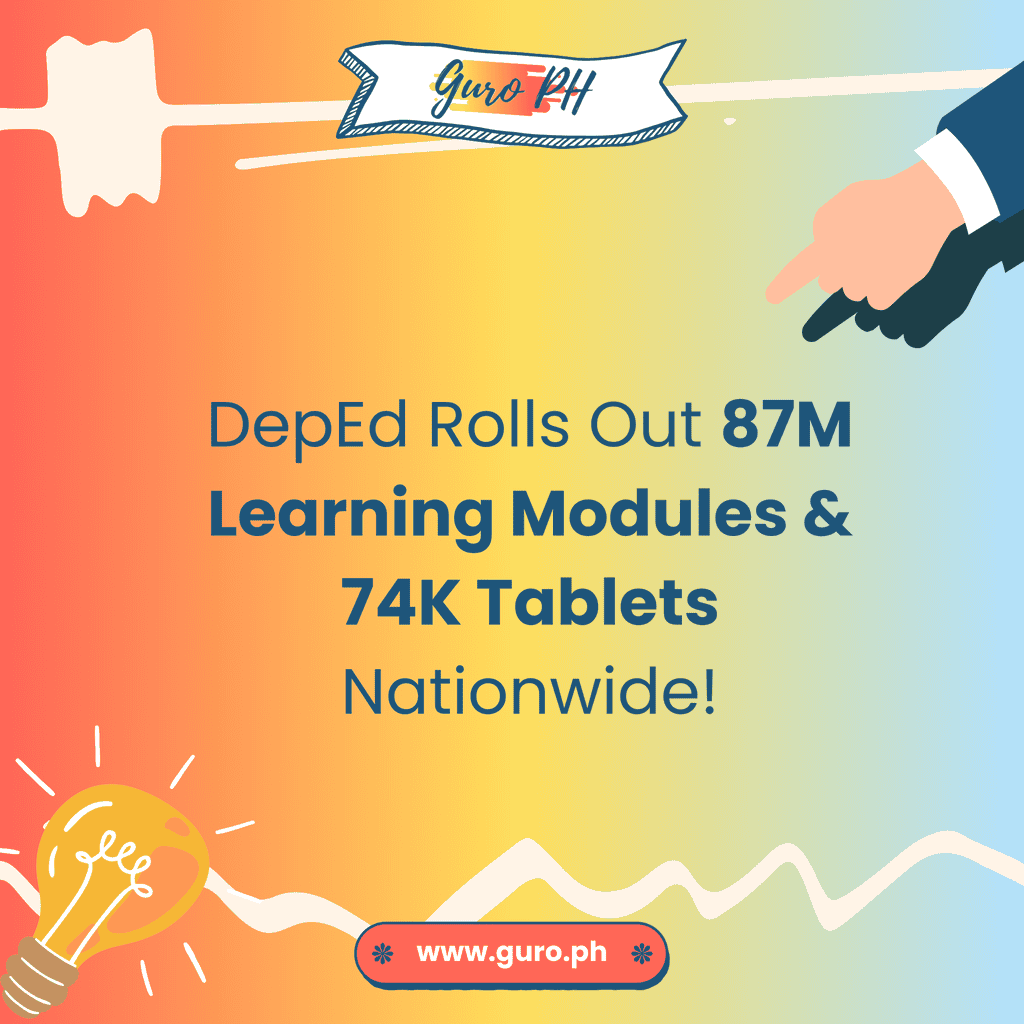The value of education has long been deeply ingrained in Filipino culture, with diplomas and academic achievements often occupying a special place in every Filipino home. However, recent survey results reveal a mixed sentiment among adult Filipinos regarding the K to 12 Basic Education Program, highlighting concerns about the curriculum. As the Department of Education (DepEd) initiates a pilot implementation of a reengineered curriculum, parents, educators, and policymakers find themselves at a crossroads.
According to a recent Social Weather Stations (SWS) survey conducted on September 28, 50 percent of adult Filipinos expressed dissatisfaction with the K to 12 Basic Education Program, while 39 percent reported satisfaction with the curriculum. A further nine percent remained undecided on their stance, and two percent lacked sufficient knowledge to provide an opinion, leaving neither view with a decisive edge.
However, it’s important to note that many respondents may not be aware of the recent developments in the K to 12 program. The DepEd has completed its review of the curriculum for Kindergarten to Grade 10 and announced the start of the pilot implementation of the reengineered curriculum. Additionally, a review of the curriculum for Senior High School (SHS) began in November 2022.
The years 2020 to 2022, marked by the COVID-19 pandemic, saw parents heavily involved in homeschooling, providing them with a unique perspective on their children’s education. Juggling household chores, work, and tutoring, parents gained insights into the strengths and weaknesses of the curriculum. This firsthand experience likely contributed to the varying opinions expressed in the SWS survey.
A 2022 study conducted by the Asian Development Bank (ADB) and Queensland University Australia emphasized several key findings that merit attention. Firstly, while access to K-12 education has improved significantly, millions of children, particularly from marginalized communities, are still out of school. Secondly, concerns about the quality and relevance of the curriculum are more pressing than simply providing access. Finally, educators must embrace new, technology-driven teaching and learning modalities to keep pace with the 21st-century challenges.
The DepEd, meanwhile, grapples with immediate challenges such as a lack of classrooms, necessitating substantial additional funding. The 2024 budget proposal may not fully accommodate these requirements. Additionally, continuous training and reskilling of teachers are imperative but demand substantial effort and persistence from the education management system.
It is important to recognize that the K to 12 curriculum alone may not be responsible for the limited employment opportunities for graduates. Many Filipino parents, facing economic challenges, work tirelessly to support their children through college or university education, aiming to secure brighter futures for their families. The burden of employability extends beyond the curriculum to the broader economic landscape.
As the DepEd proceeds with its curriculum changes and improvements, it remains crucial for educational managers to address these concerns while maintaining a focus on delivering quality teaching and learning experiences. The ongoing dialogue between parents, educators, and policymakers will be essential in shaping the future of Filipino education and ensuring that it aligns with the aspirations of Filipino families for a brighter tomorrow.


